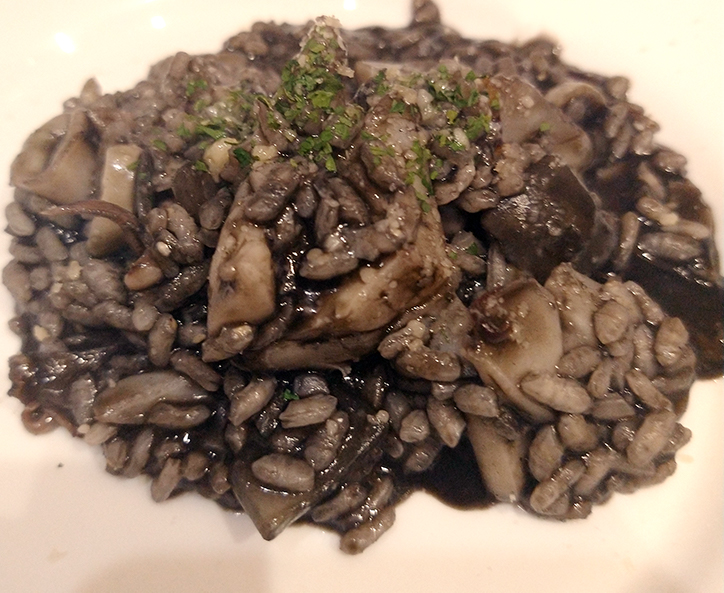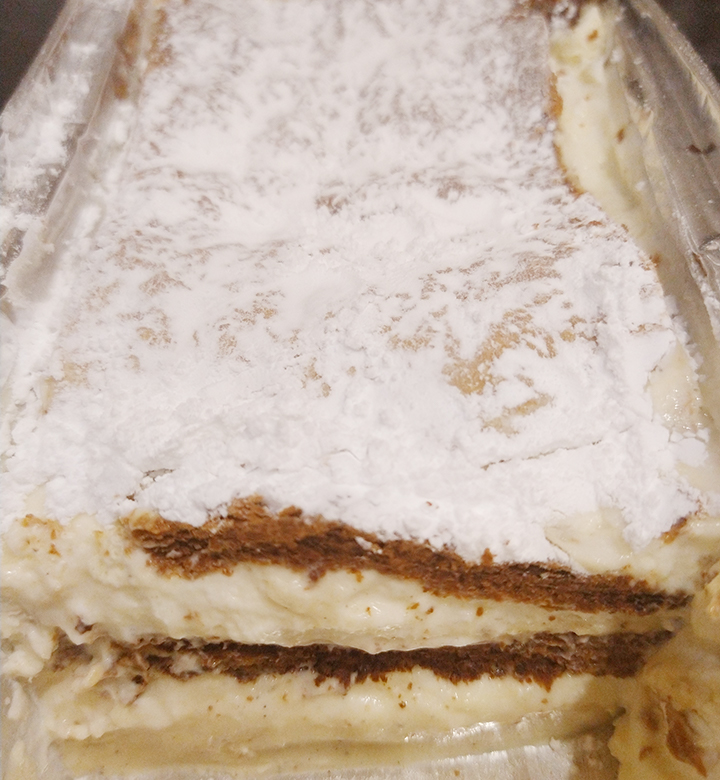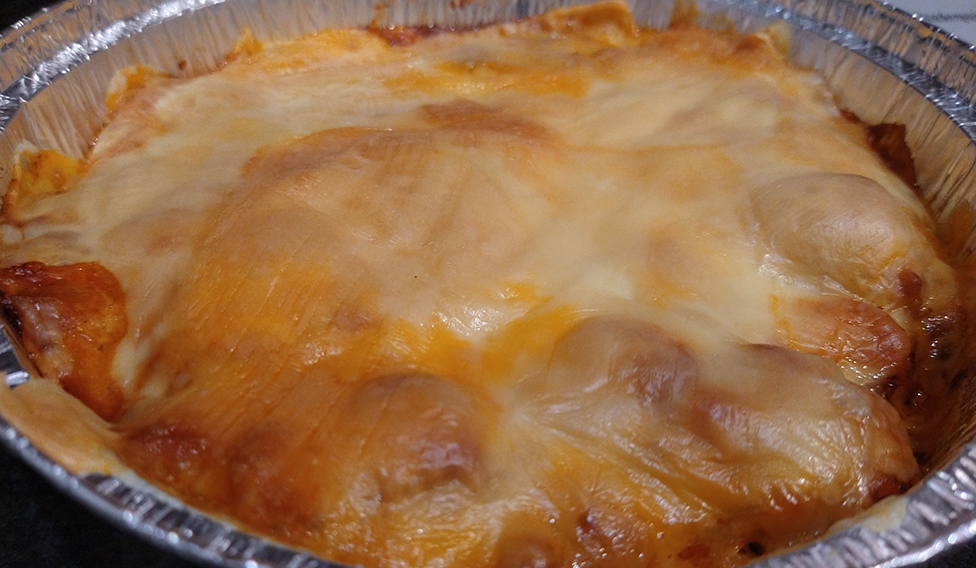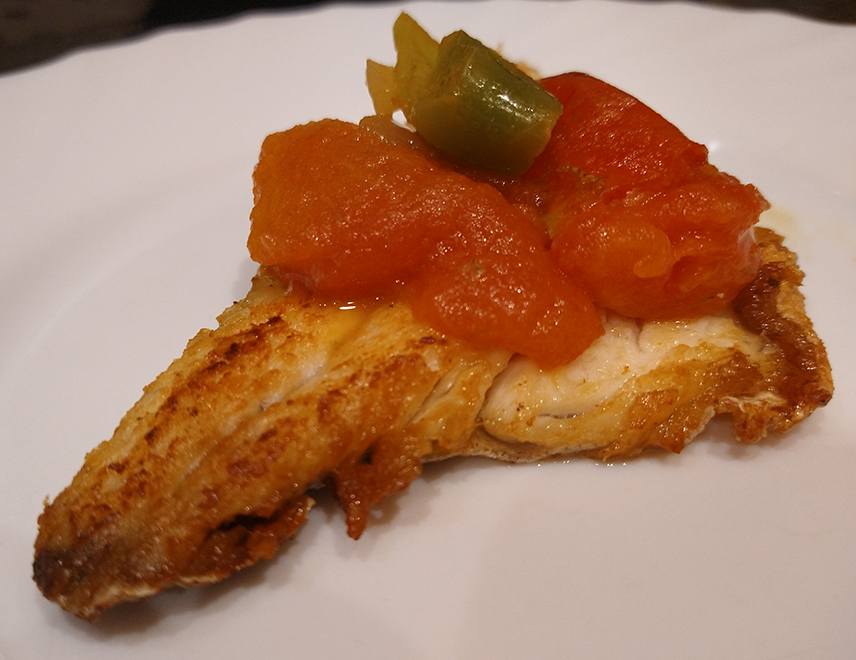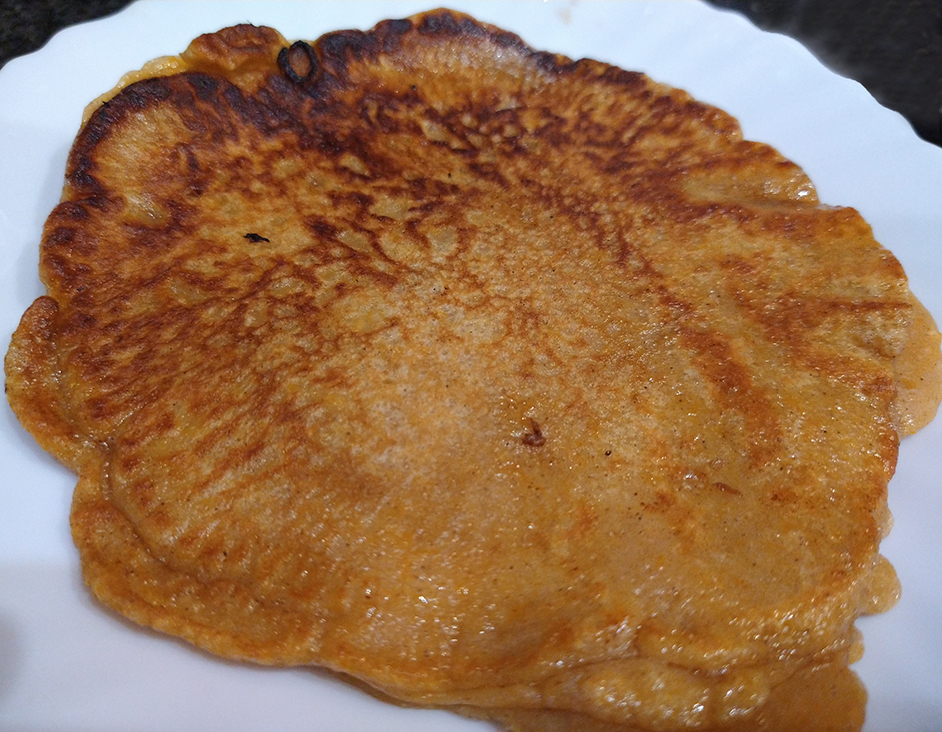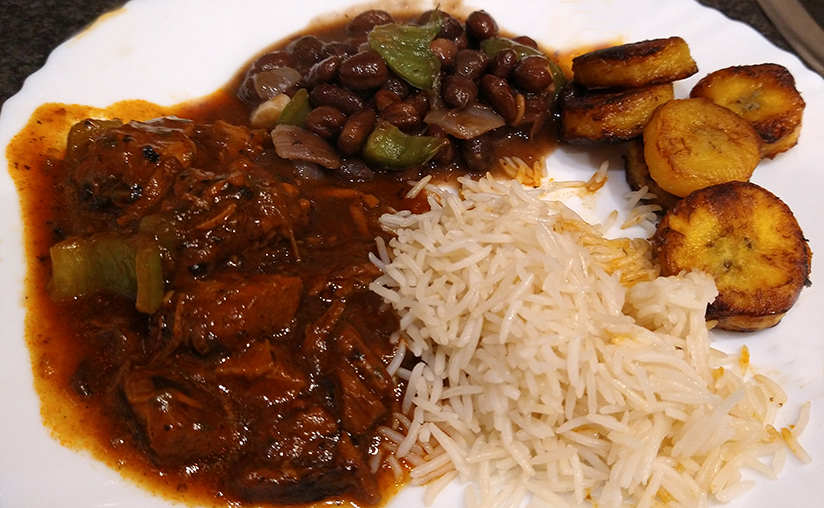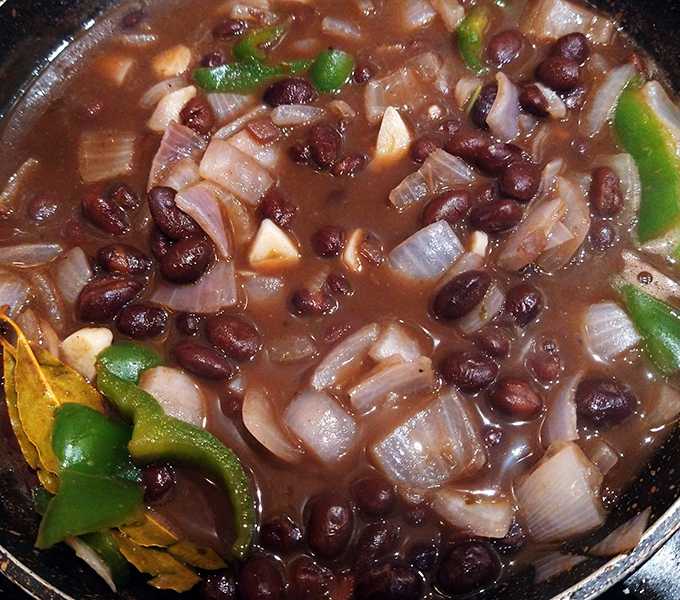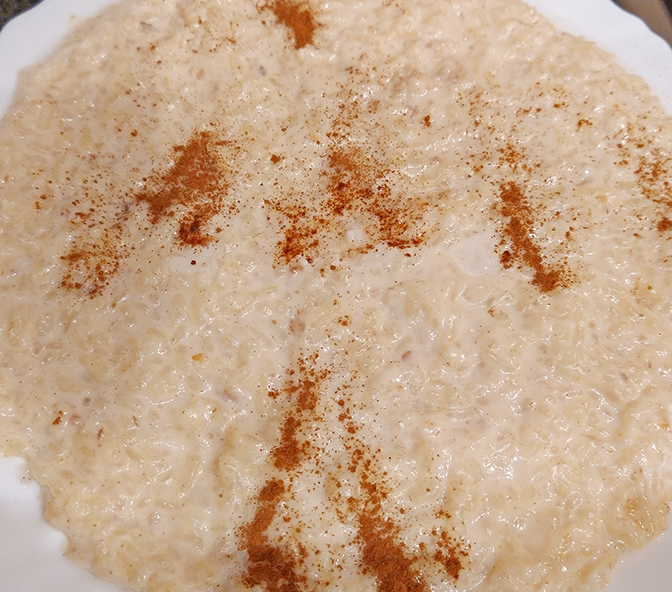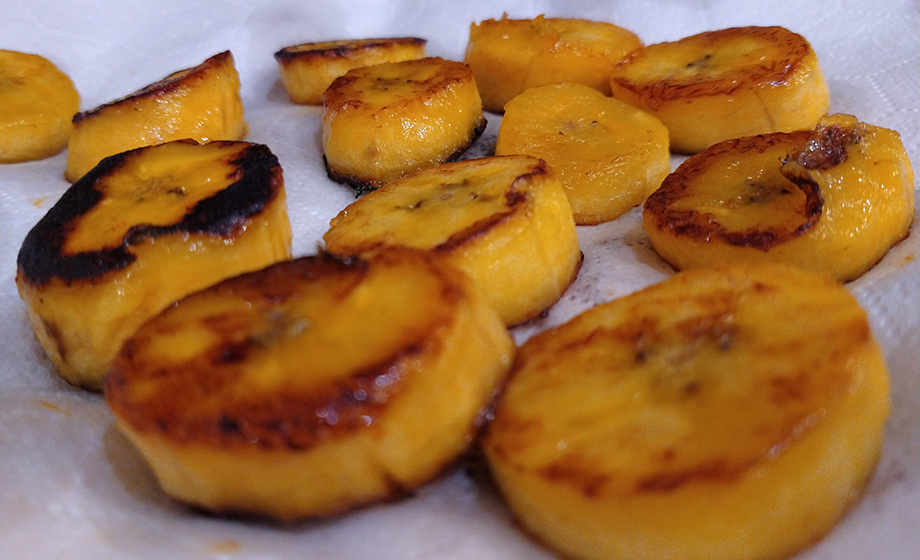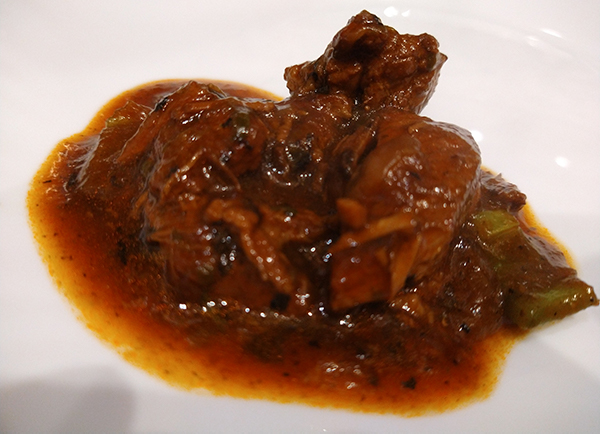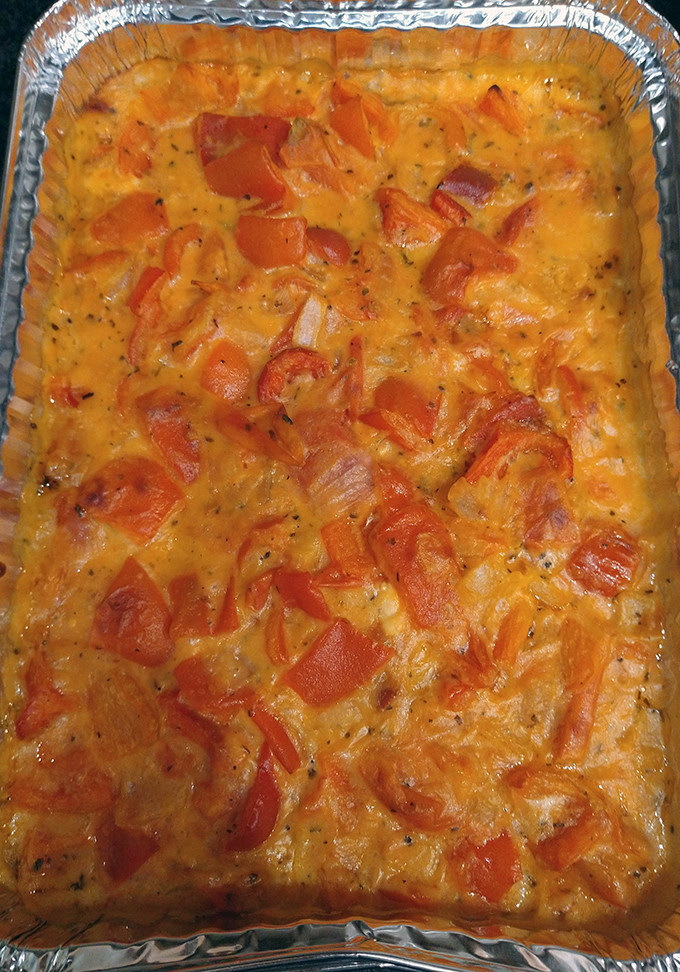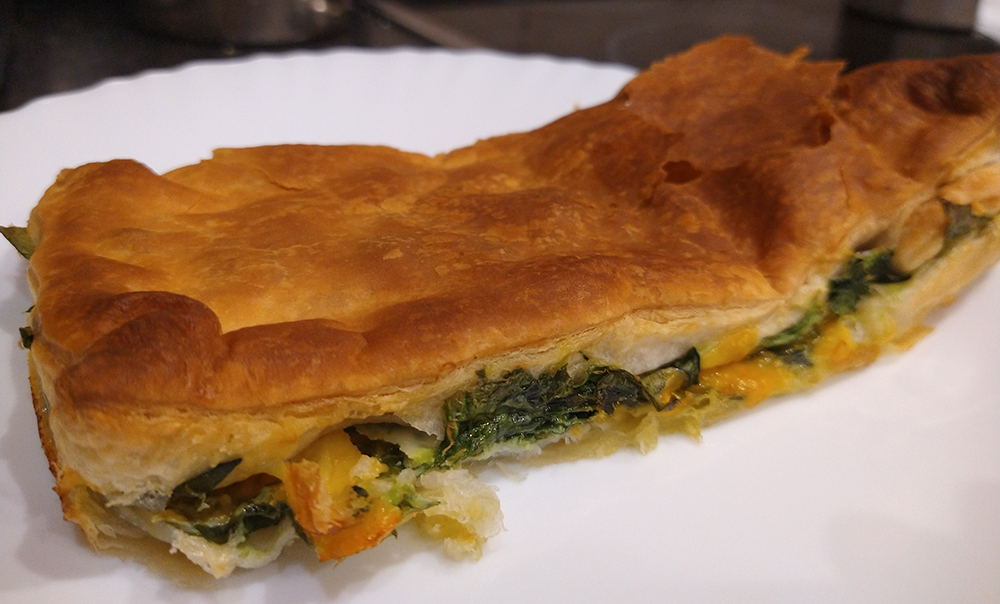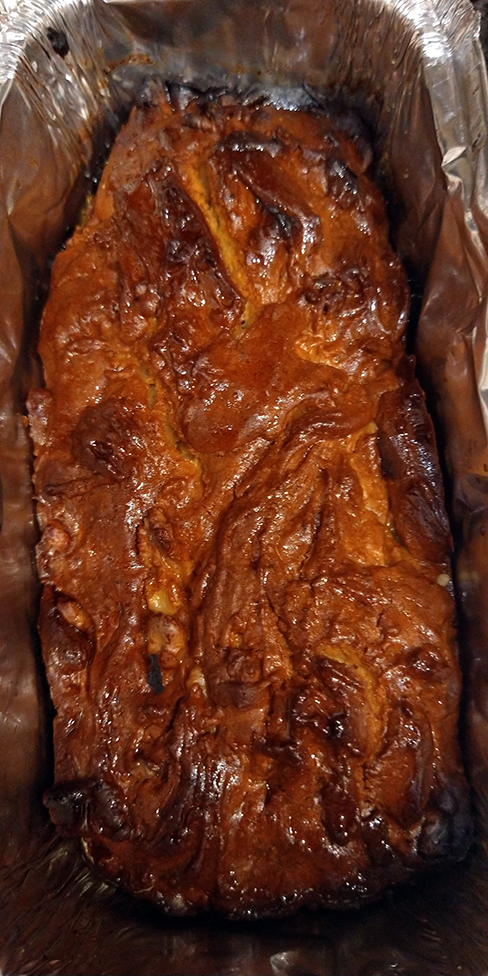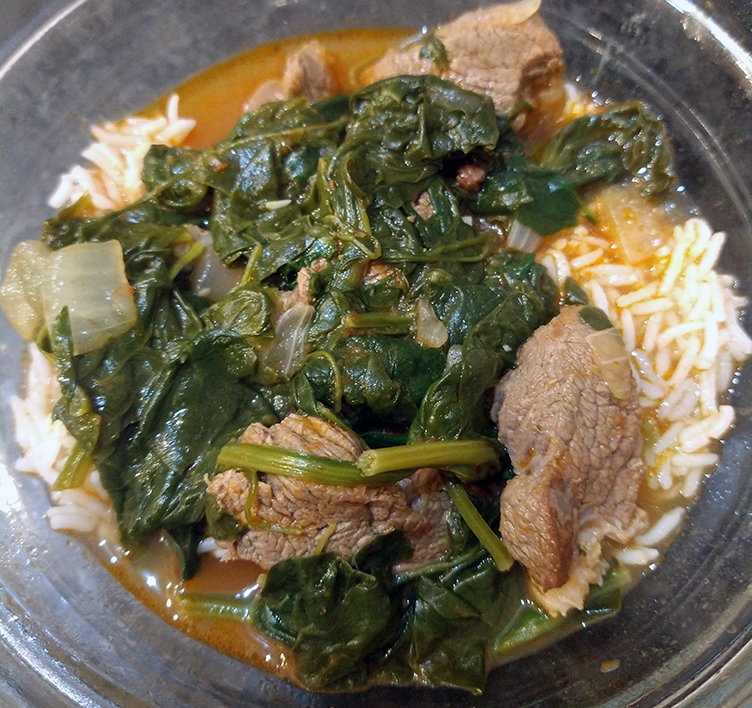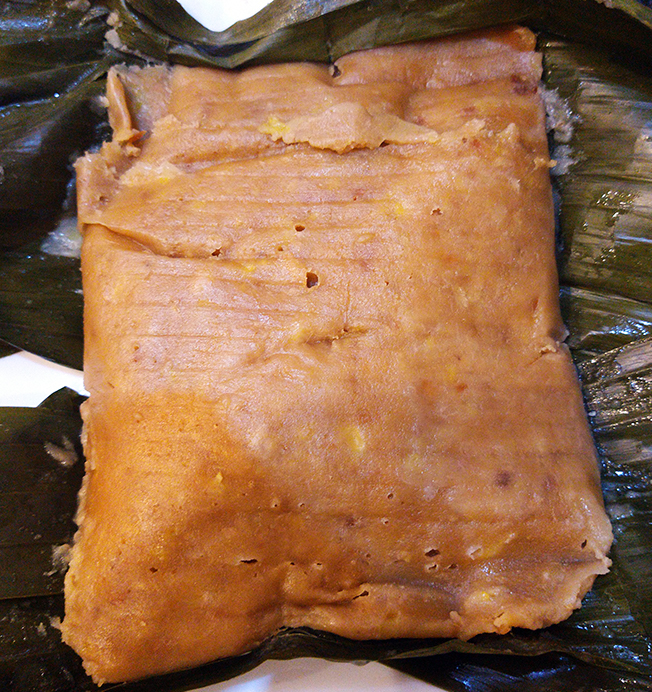In Silico documentary – Nature featured this documentary on the fall of the Human Brain Project. I still haven’t watched it but this seems to be an interesting view on the politics behind science.
Exploring the dynamics of novelty production through exaptation: a historical analysis of coal tar-based innovations – previous theories of serendipity explain that it rises from a need or from theory. This paper offers a new route to serendipity – affordances. I did not know this word before but as the paper explains it is “the perceived or actual properties of the thing, primarily those fundamental properties that determine just how the thing could possibly be used”
Social impacts of additive manufacturing: A stakeholder-driven framework – enumerates and classifies possible impacts of a technology like 3d printing. Since I am doing a social and business impact assessment of cloud computing, this is a paper that would be useful model moving forward.
Failing to Learn from Failure: How Optimism Impedes Entrepreneurial Innovation – a fascinating study that links laboratory experiments with firm data. They measured entrepreneurs’ dispositional optimism – the tendency to think that they will have a favorable outcome. They then linked it to patents or product development success. I like their finding that those who are optimistic by disposition tend to not update their beliefs of future success despite negative outcomes. Everytime I meet with my entrepreneur friends, I really see the difference on how they think and perceive things.
